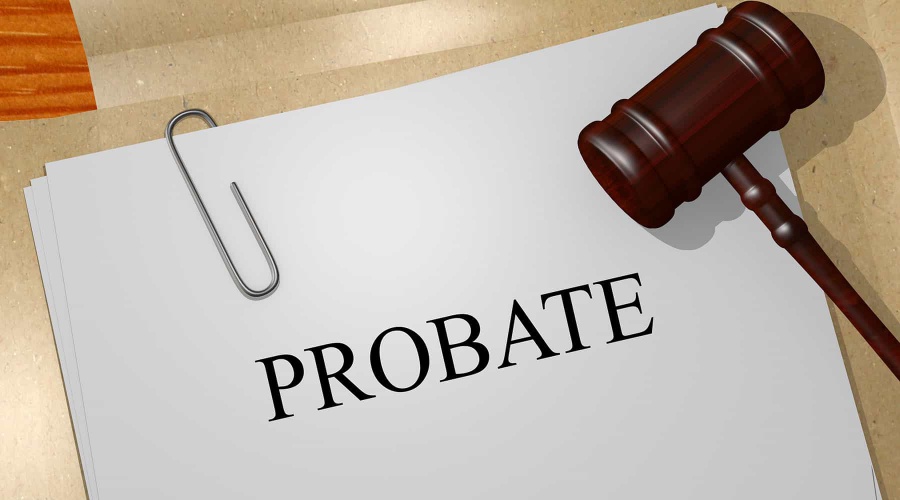How-To: Navigate Probate With An Attorney Guide

Probate can be a complex and often emotional process, particularly when it comes to settling the affairs of a loved one who has passed away. Navigating the legal intricacies involved in probate requires not only an understanding of the laws but also a compassionate approach to managing sensitive family dynamics. This is where a probate attorney plays a critical role, offering proficiency to guide executors and beneficiaries through the often-challenging landscape of estate administration.
A probate attorney serves as a valuable ally during a time of uncertainty, ensuring that the wishes of the deceased are honored while also protecting the rights and interests of all parties involved. From filing necessary court documents to handling disputes that may arise, these legal professionals help simplify the probate process, making it less daunting for families. In this article, we will explore the essential functions of a probate attorney, the benefits of seeking their assistance, and key considerations when choosing the right attorney for your probate needs.
Essential Functions of a Probate Attorney
A probate attorney is instrumental in guiding families through the often convoluted probate process. They are responsible for filing necessary court documents, ensuring compliance with state laws, and communicating with beneficiaries about the proceedings. Their guidance is particularly crucial when disputes arise among family members regarding the distribution of assets or interpretation of the will. By serving as an objective third party, a probate attorney helps to mitigate tensions and facilitates constructive communication, allowing families to focus on healing rather than navigating legal battles.

Benefits of Hiring a Probate Attorney
Engaging a probate attorney can significantly reduce the emotional burden that accompanies the estate administration process. They offer not only legal knowledge but also empathy, understanding the unique challenges faced by families in mourning. With their assistance, executors can manage their responsibilities effectively, ensuring that all legal obligations are met without losing sight of the deceased’s wishes. By streamlining the probate process, attorneys help families move forward, allowing them to honor the memories of their loved ones while securing their own peace of mind in the present.
In conclusion, the role of a probate attorney is indispensable during a time of loss, offering both legal guidance and emotional support to families in need. Their knowledge of estate law and procedural requirements ensures that the estate is settled fairly and in accordance with the deceased’s wishes, while also providing a buffer against potential conflicts among beneficiaries. By alleviating the stress associated with the probate process, an attorney allows families to navigate their grief with a focus on healing and remembrance, rather than becoming mired in legal complexities. Choosing the right probate attorney ultimately empowers families to honor their loved ones’ legacies with dignity and respect, facilitating a smoother transition through one of life’s most challenging passages.




